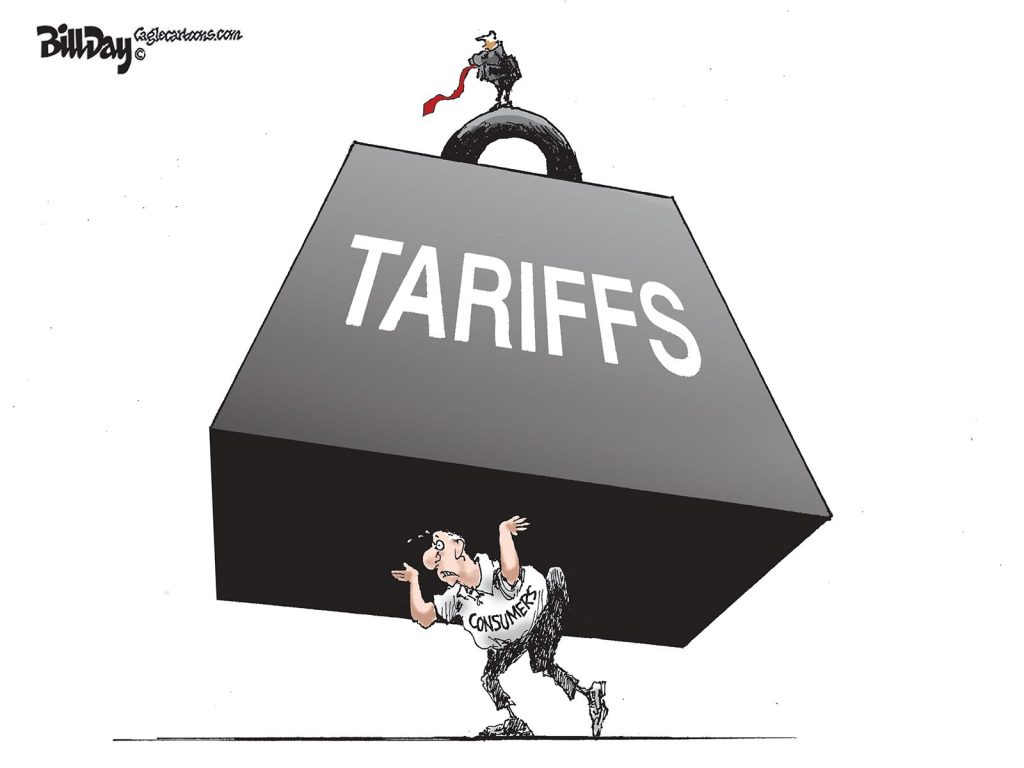The Memphis Urban Area Metropolitan Planning Organization (MPO) is one of those arcane groups that labor in the shadows of local government, but whose decisions fundamentally shape how our community grows.
That’s because its decisions have the power to fuel sprawl or determine if the urban core can compete with new commercial areas.
The Memphis MPO is Memphis in name only. Chaired by Shelby County Mayor A C Wharton, most of MPO members are from outside of the city limits, and in this role, they sign off on how tens of millions of dollars in federal transportation money are spent, and they set major road priorities for its work.
While the purpose of the federally-mandated MPOs is to serve as the planning vehicle for regional cooperation and coordination, a new study by the Metropolitan Policy Program of The Brookings Institution calls into question the basic fairness of MPOs, especially the one in Memphis.
“Decisions by MPOs have important ramifications for metropolitan growth patterns and, by implication, social and economic opportunity,” the report said. “Yet, the decisions are made by boards whose members are generally not elected to serve on the MPO. Further, MPOs are not required by law to have representational voting. The potential exists, therefore, for MPO decisions to be biased toward certain constituencies or locales at the expense of others.”
The report on 50 large MPOs in the U.S. concluded that Memphis has the third most unbalanced board. While the City of Memphis has 63 percent of the total population, it has only 16 percent of MPO members. Meanwhile, suburbs with 32 percent of the population control 79 percent of the vote.
In addition, Memphis was cited as one of the most racially unequal. Despite Memphis’ large African-American population, 84 percent of MPO’s members are white. “That MPO boards do not reflect the geographic or racial composition of the metropolitan populations they serve should be a cause for concern, especially given that MPOs were intended by the federal framers to be an essential conduit for implementing reforms and ensuring public accountability,” the report said.
There are ways that the Memphis MPO could be fairer and more representative. A free-standing organization devoted solely to transportation planning, all board members are appointed by various governments. It could follow the example of Portland, Oregon, which is the only free-standing MPO that has elections for its members.
Another option is weighted voting, which 16 of the 50 large MPOs use to make sure the central city has a number of votes in proportion to their share of the total population. That avoids the kinds of disparities that happen here, where the vote of the Memphis mayor can be cancelled out by the vote of the mayor of Olive Branch.
In light of these imbalances, it should be no surprise that MPO decisions are frequently skewed toward the suburbs. The makeup of the Memphis MPO powerfully demonstrates how this can happen:
• Governor of Tennessee, or his representative
• Governor of Mississippi, or his representative
• Commissioner, Tennessee Department of Transportation
• Executive Director, Mississippi Department of Transportation
• Mayor of Shelby County
• Mayors of Memphis, Germantown, Bartlett, Collierville, Millington, Lakeland and Arlington
• Mayor of Fayette County
• Mayor of every incorporated town in Fayette County
• President, DeSoto County Board of Supervisors
• Mayors of every incorporated town in DeSoto County
• Chair, Memphis Transit Authority
• Chair, Memphis and Shelby County Port Commission
• Chair, Memphis and Shelby County Airport Authority
In a recent list of the top 10 road priorities for the Memphis MPO, half of the projects were in the suburbs, and over the years, MPO funding has frequently contributed to eastward sprawl and responded to the call by developers in the “warehouse corridors” of southeast Shelby County for wider and wider roads.
Most sadly of all, because of suburban dominance on the local MPO, its attention to public transit is nonexistent. This means that not only does MATA not receive much-needed funding but MPO’s ability to push for better management and service is squandered.
Meanwhile, a recent proposal for light rail to Germantown and Collierville was bogged down when suburban interests voted for a study widely interpreted as an attempt to kill the project. After all, they represent commuters, not bus riders, and it shows in their voting.


